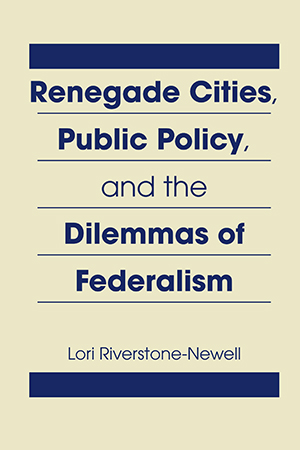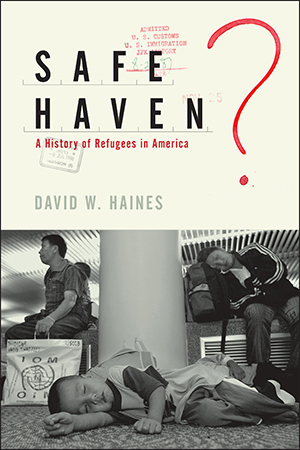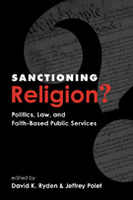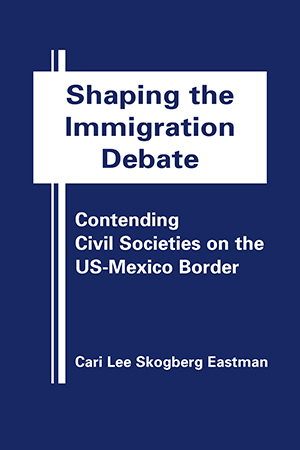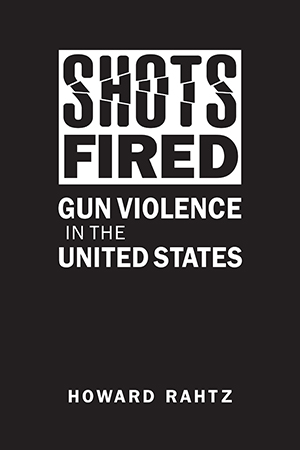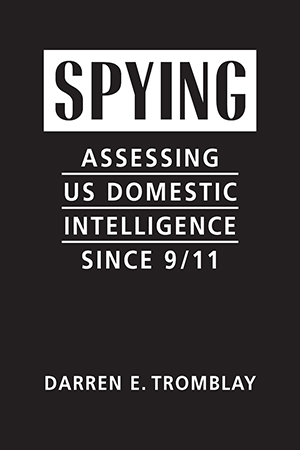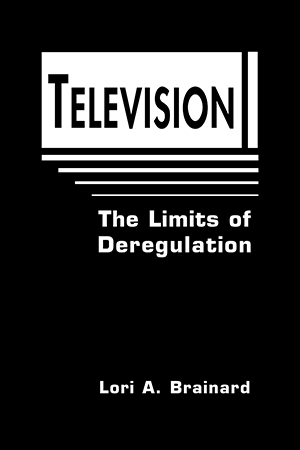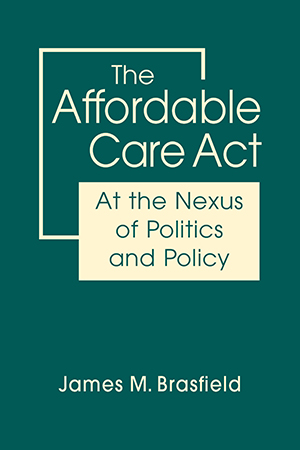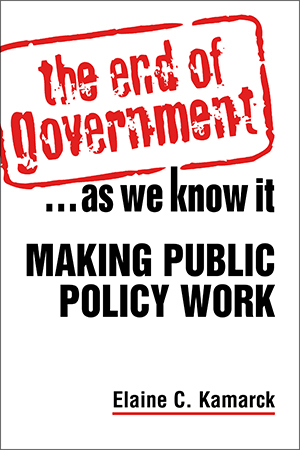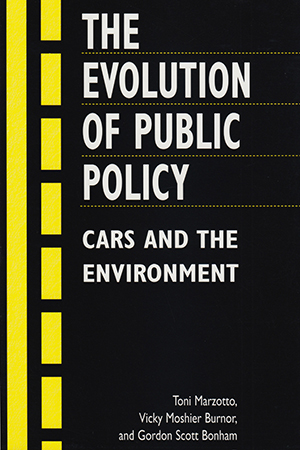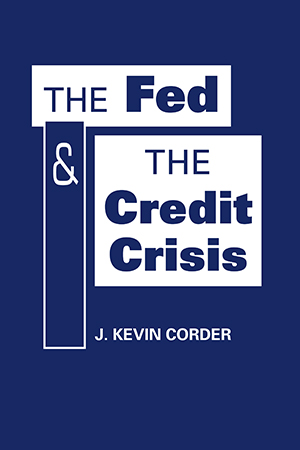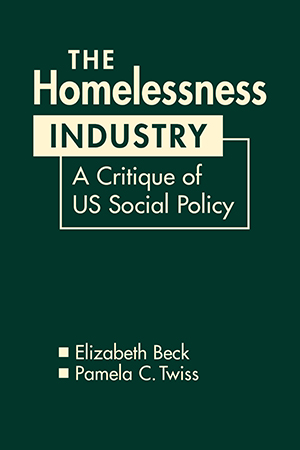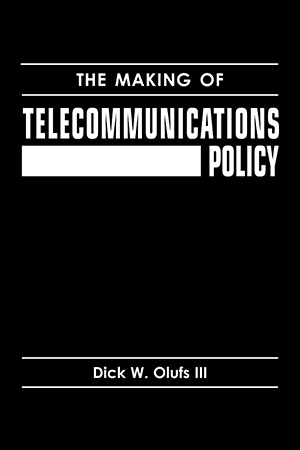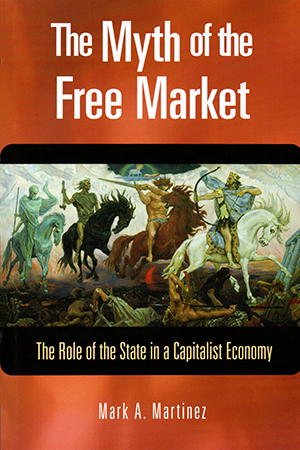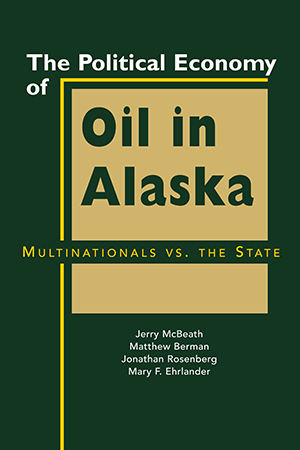Public Policy
When state and federal governments intrude, abdicate responsibility, or prove unable to respond to local needs, how can cities fight back? How can they promote and defend their own More >
In his masterful study of the relationship between refugees and the United States, covering seven decades of immigration history, David Haines shows how both the refugees and their new More >
Does federal funding of a church's welfare-to-work program constitute government endorsement of a particular religion? Do religious organizations that accept public funds lose the legal More >
Stories of interactions between unauthorized immigrants crossing the border into Arizona and the US citizens they encounter have made headlines not only in areas adjacent to the border, but More >
Mass killings. Gang violence. Street crimes. Suicides. Accidental shootings. The United States is enduring a literal epidemic of gun violence. Howard Rahtz, drawing on decades of experience More >
Initiated in the aftermath of the September 11 terrorist attacks, have the reforms of the US intelligence enterprise served their purpose? What have been the results of the creation of the More >
Despite a broad political environment conducive to deregulation, television is one industry that consistently fails to loosen government's regulatory grip. To explain why, Lori Brainard More >
In the more than a decade since the enactment of the Affordable Care Act, questions about the law continue to be vigorously debated. What political dynamics led to its passage? Why has it More >
In the last decades of the twentieth century, many political leaders declared that government was, in the words of Ronald Reagan, "the problem, not the solution." But on closer More >
How is U.S. public policy made? This comprehensive survey, designed to help students and scholars understand the complexity of policymaking, traces the Employee Commute Option (ECO) step by More >
What was the role of the Federal Reserve System in the 2008 financial crisis—as a cause of the crisis, as the most important government agency to respond, and as the center of federal More >
Homelessness once was considered an aberration. Today it is a normalized feature of US society. It is also, argue Elizabeth Beck and Pamela Twiss, an industry: the embrace of More >
The Making of Telecommunications Policy examines the history, politics, and impact of telecommunications policy. Beginning with a comparison of several alternate views of the future, Olufs More >
Mark Martinez reveals how the myth of the "invisible hand" has distorted our understanding of the development and actual performance of modern capitalist markets. Martinez draws More >
Does Alaska's reliance on oil and gas mean that it inevitably will be controlled by corporate energy interests? Or can the state use its vast resource holdings to manage a more More >


